
Articles from Katherine Unger Baillie

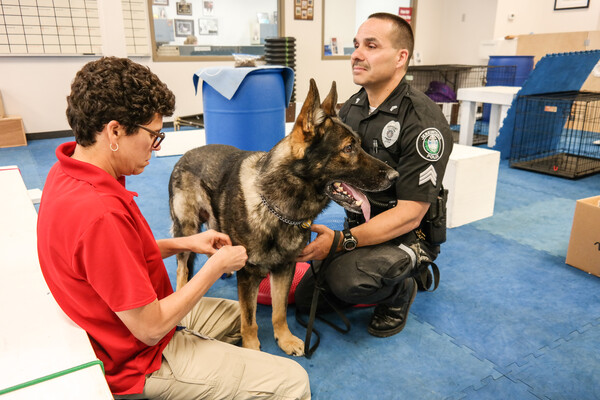
Cynthia Otto, director of the School of Veterinary Medicine’s Working Dog Center, examines a K9 officer as part of a Working Dog Center study. (Image: Tracy Darling/Superfit Canine)
Assets in the opioid epidemic, working dogs can also become its victims
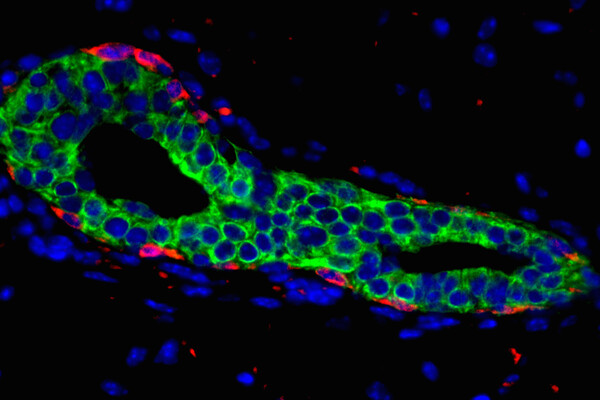
A Penn-led team identified Dll1, a signaling molecule as a marker of mammary gland stem cells, and one that plays a vital role in normal development of the mammary tissue. Above, a cross-section of a mouse mammary gland. (Image: Sushil Kumar and Rumela Chakrabarti)
Stem cell signaling drives mammary gland development and, possibly, breast cancer
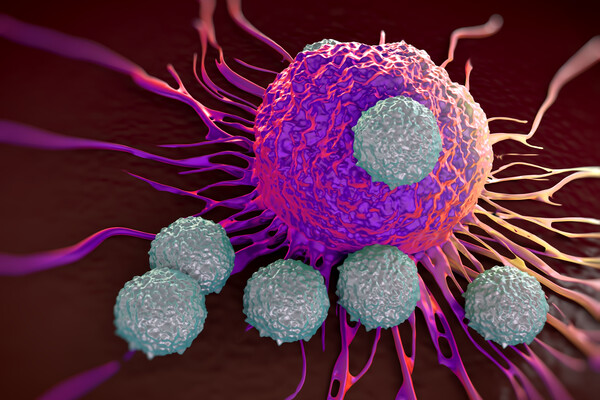
With second FDA approval, CAR-T’s transformative power multiplies
Using New Bolton Center's high-speed horse treadmill and other specialized equipment, the Equine Pharmacology Research Laboratory has been testing the effects of certain drugs in highly fit animals.
Veterinary experts work to stay ahead of equine doping
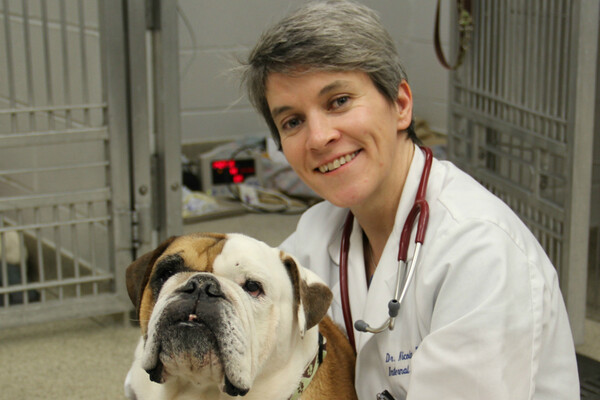
Nicola Mason
Innovative vaccine offers canine cancer patients a shot at a longer, happier life

Shelley Berger and Karen Goldberg
Two faculty members elected to National Academy of Sciences
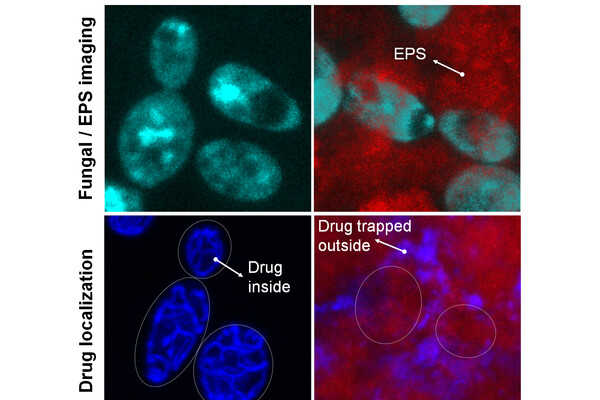
Bacteria boost antifungal drug resistance in severe childhood tooth decay
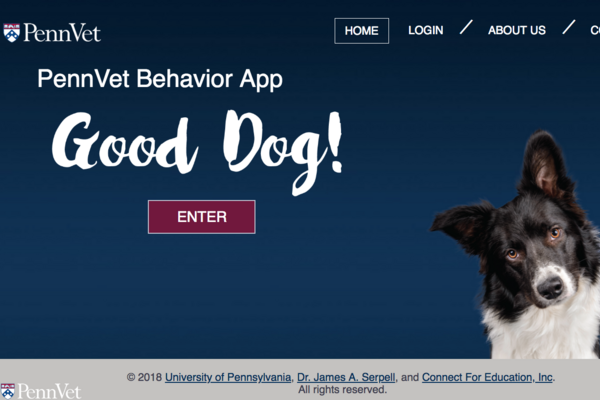
New telemedicine app connects veterinarians and pet owners with behavioral expertise

Winners of a 2018 Penn President's Engagement Prize, Wharton seniors Svanika Balasubramanian and Peter Wang Hjemdahl will launch rePurpose, a digital marketplace that connects individual waste recyclers in India to larger recycling operations, boosting wages and diverting trash from landfills.